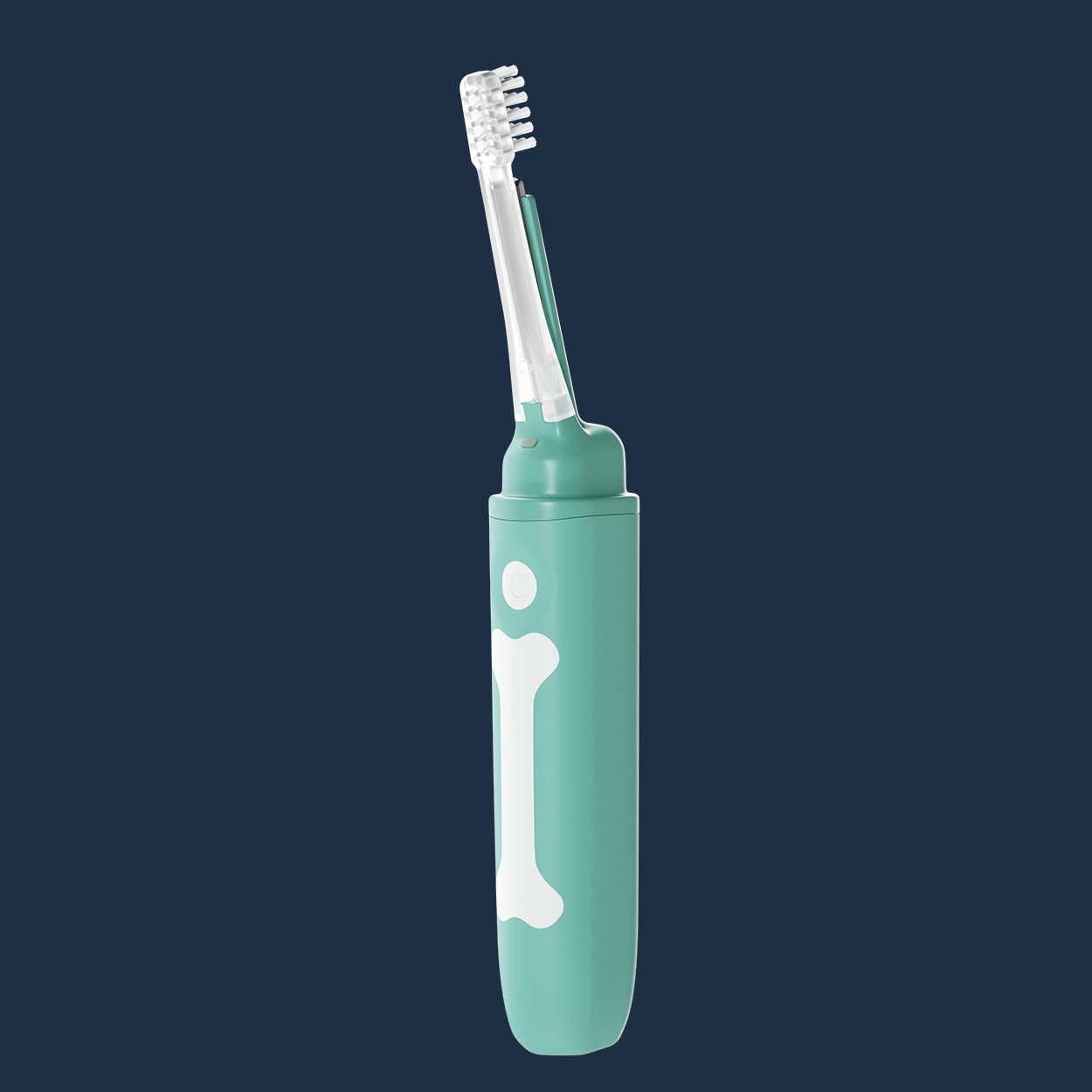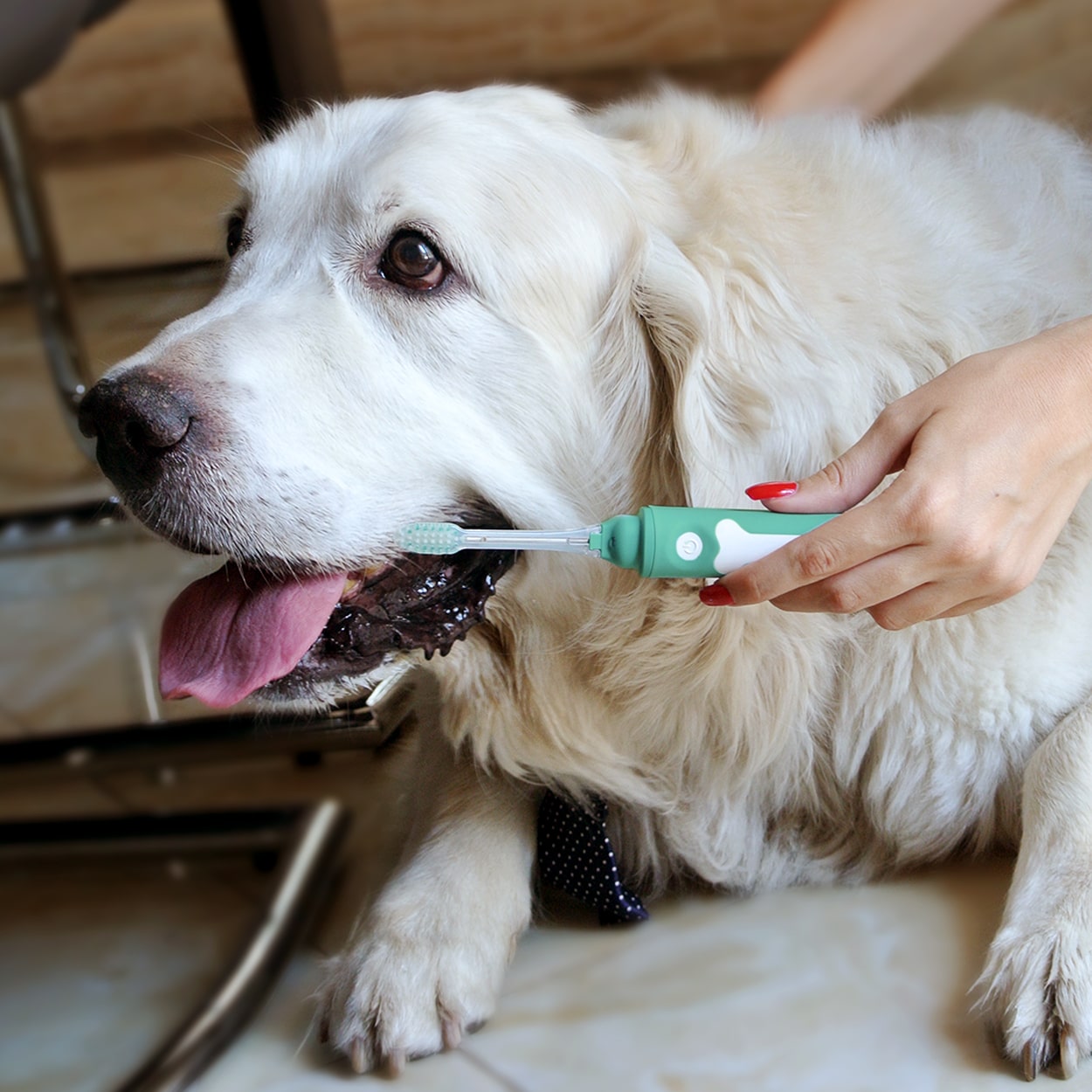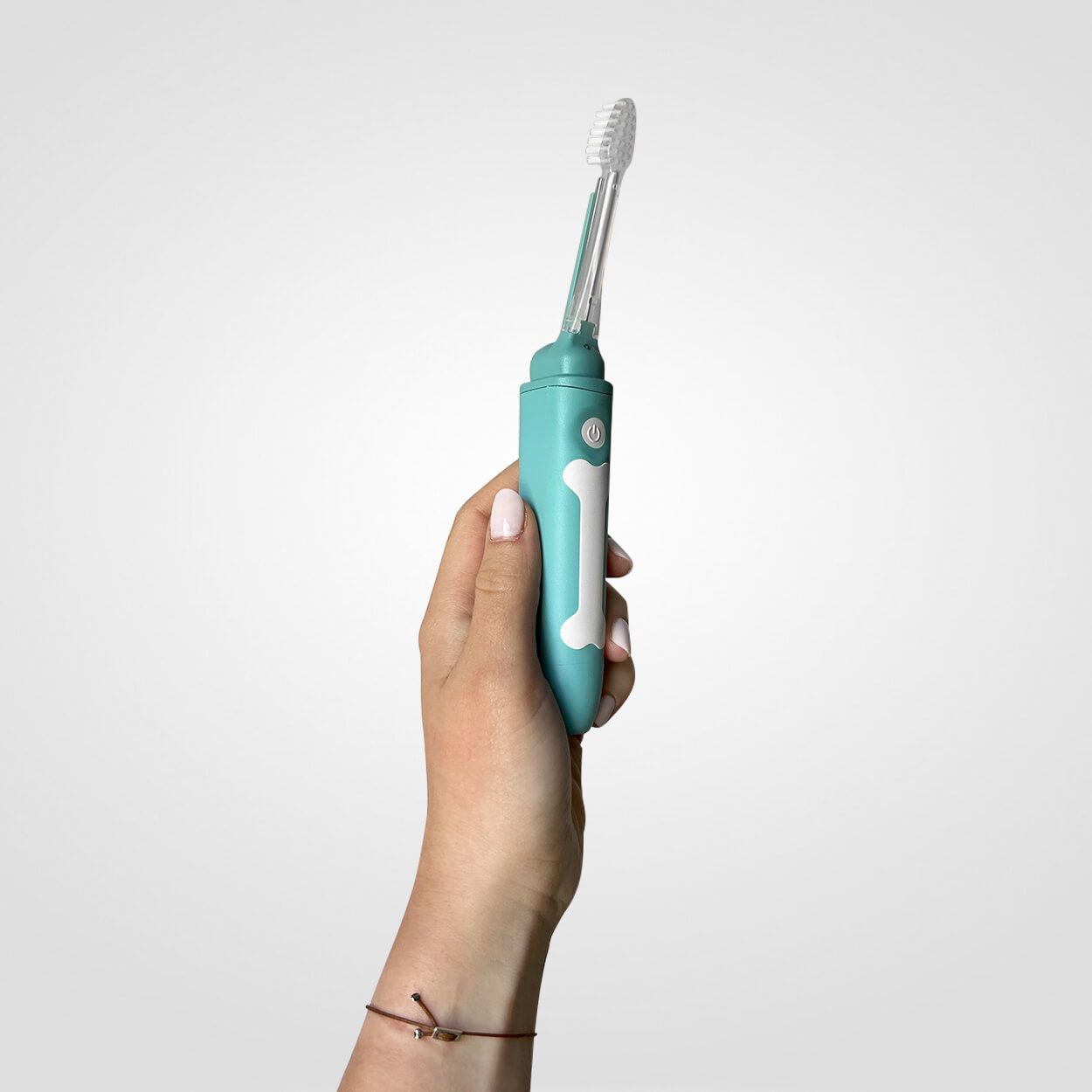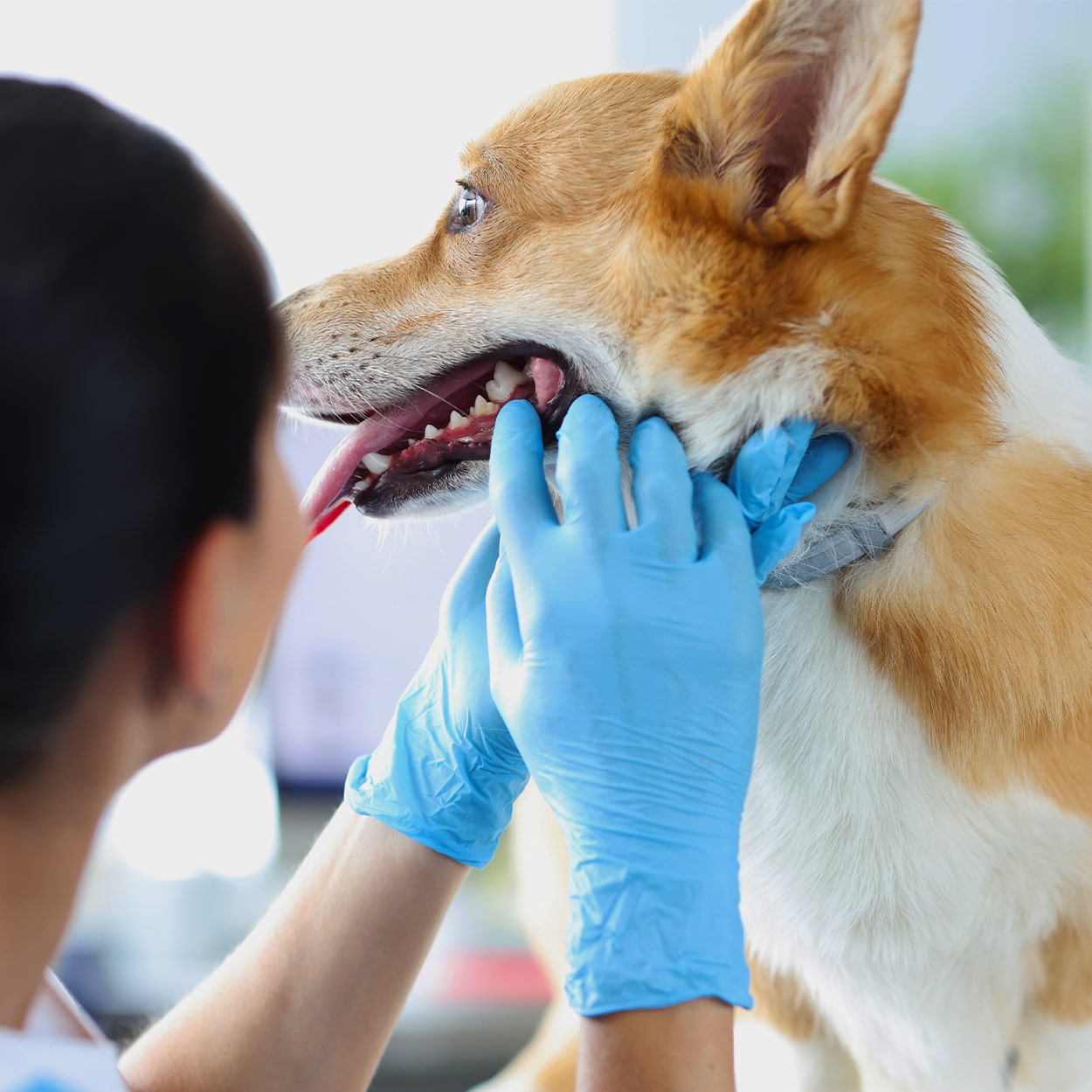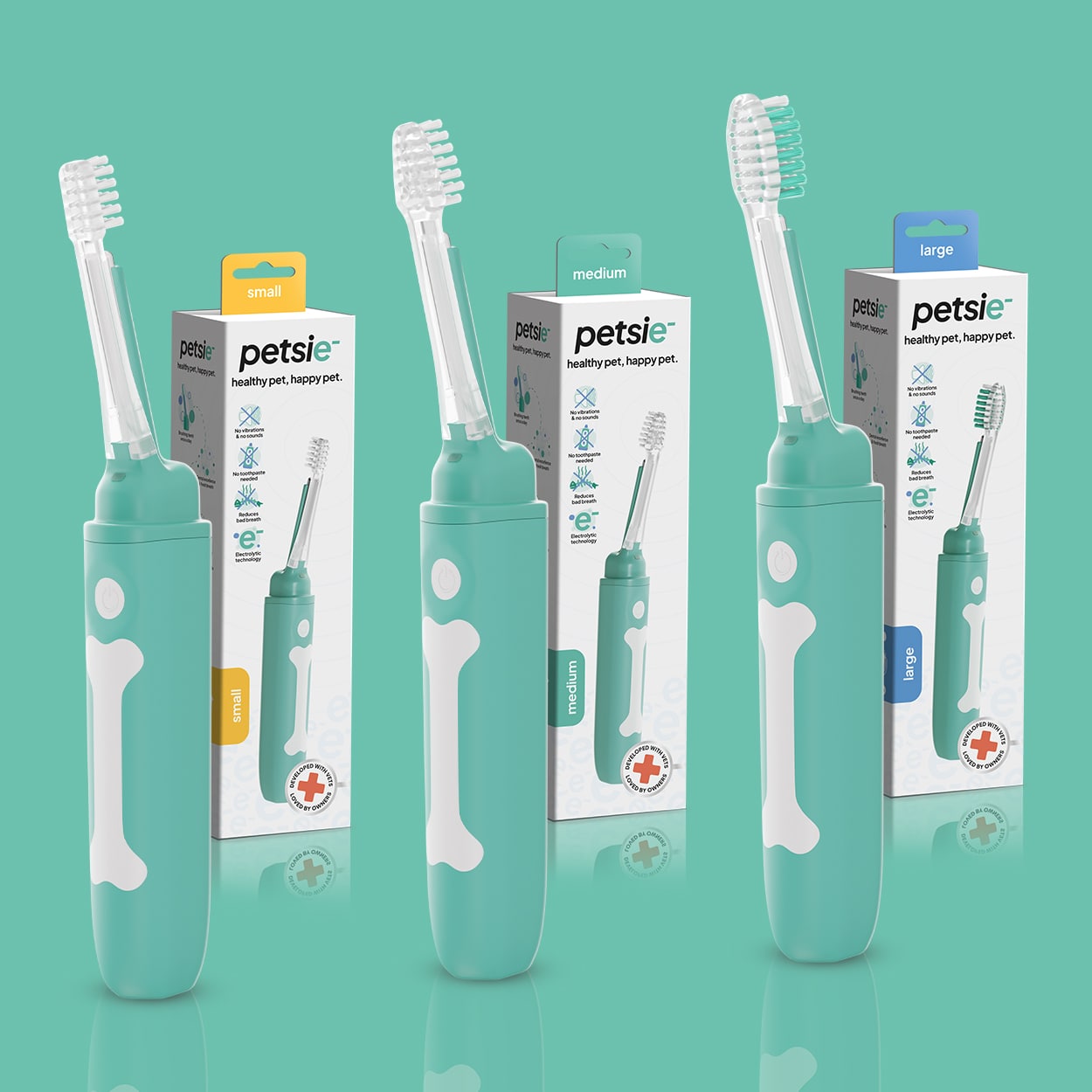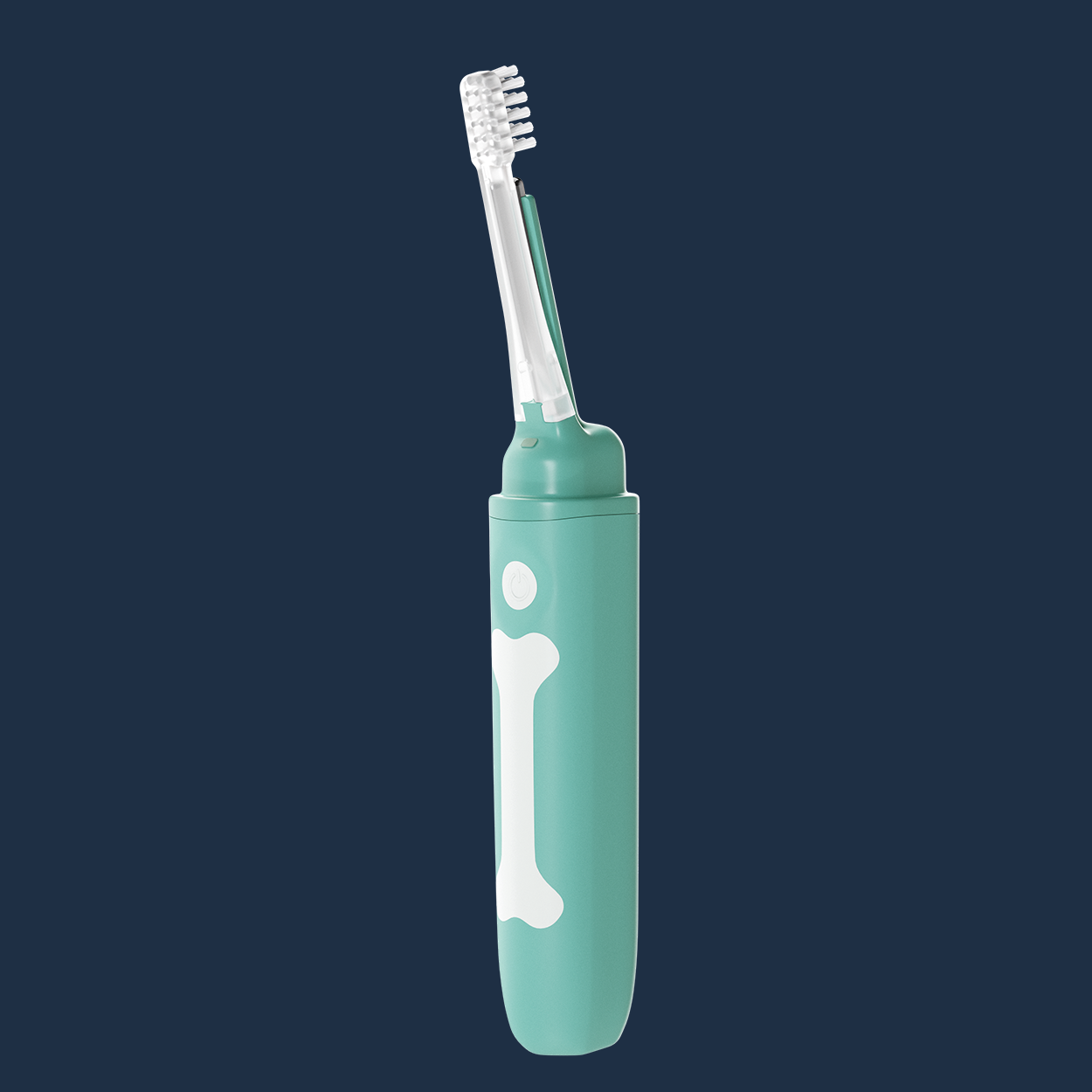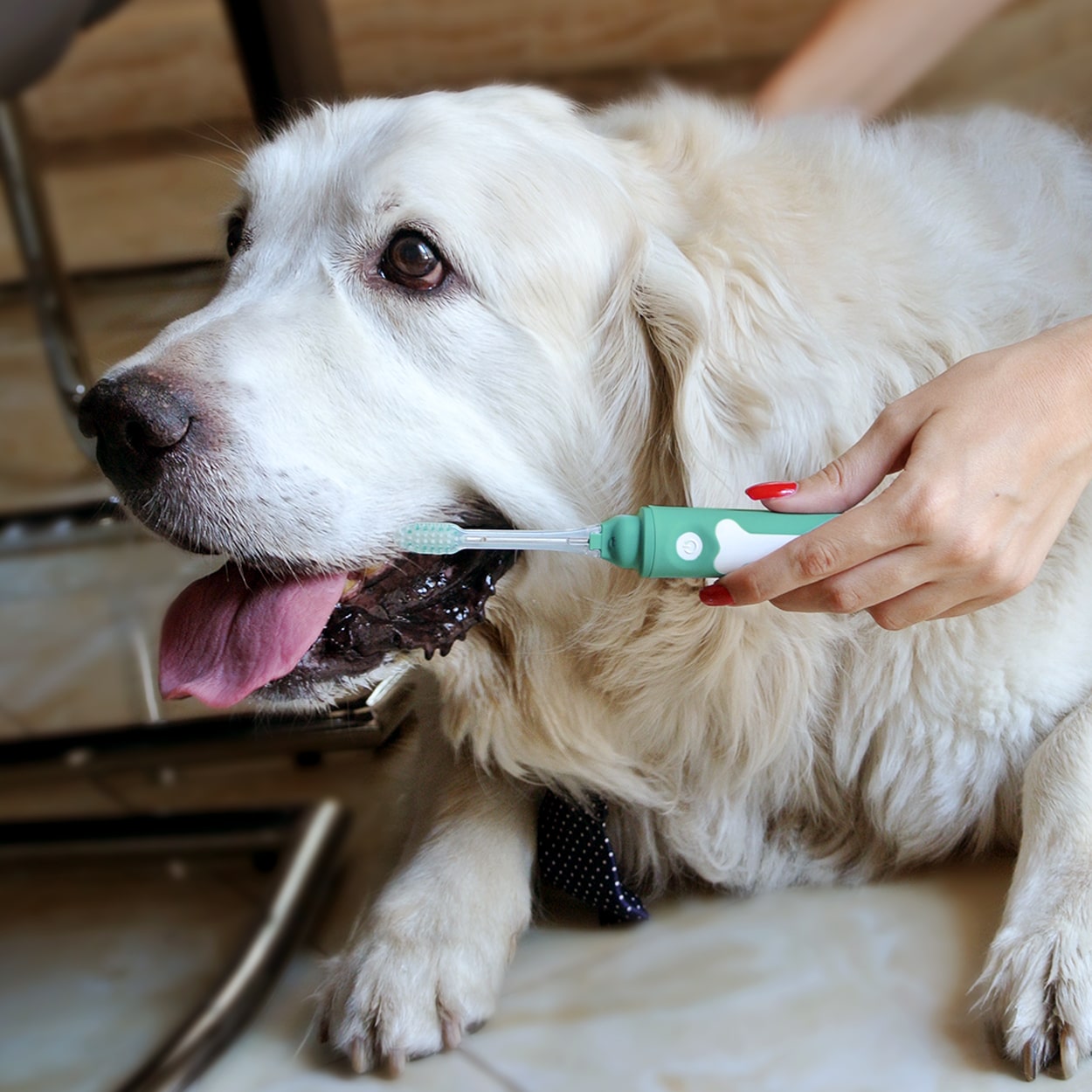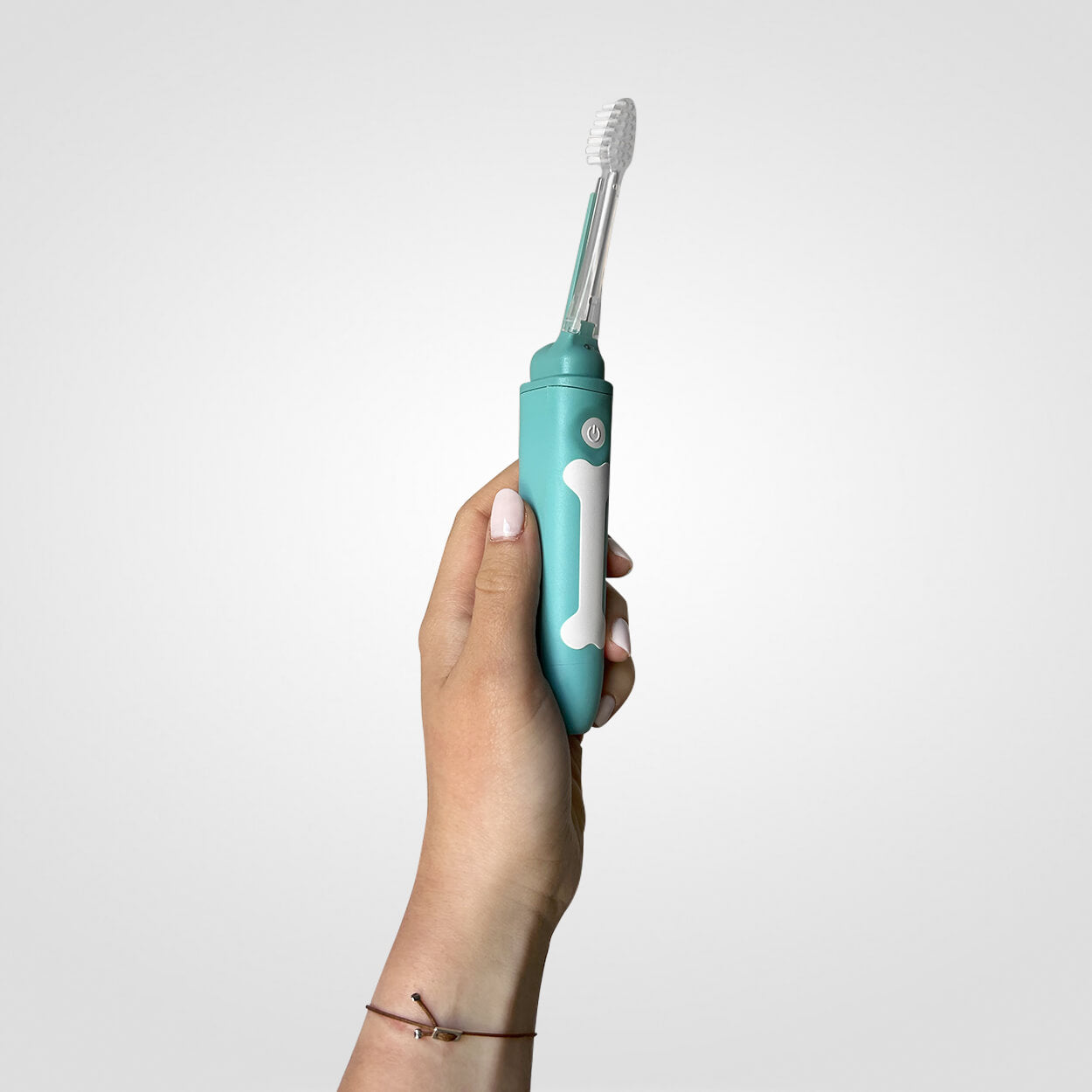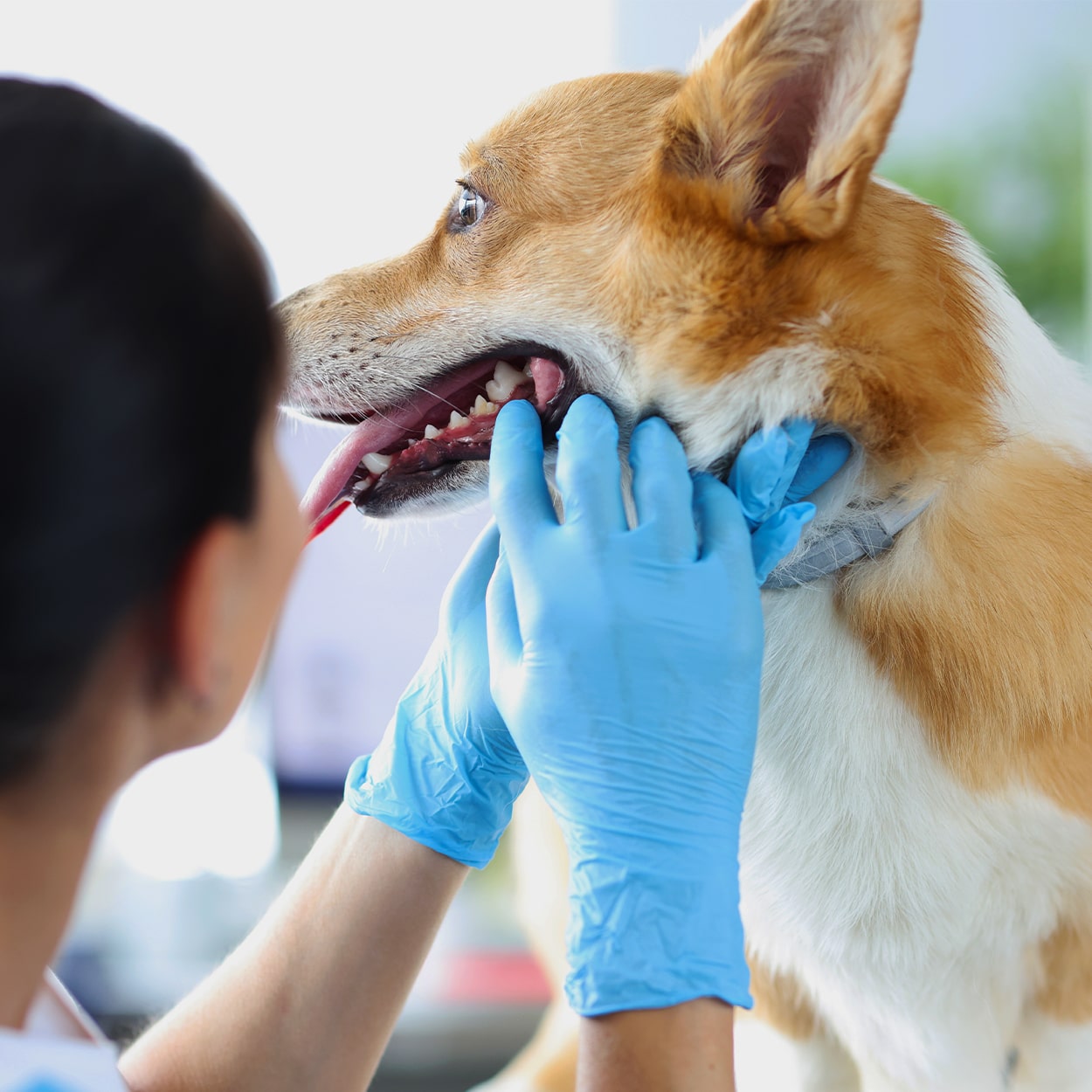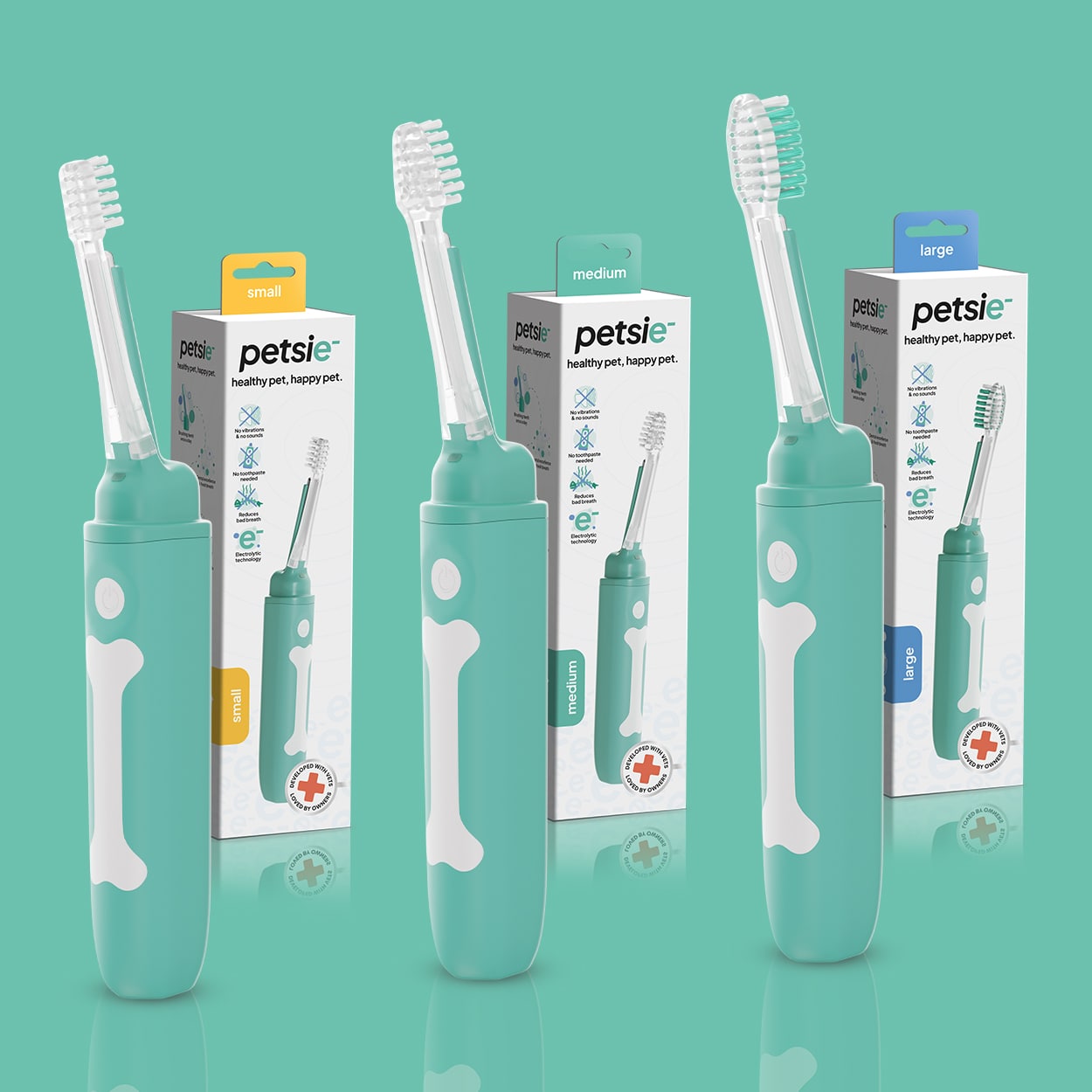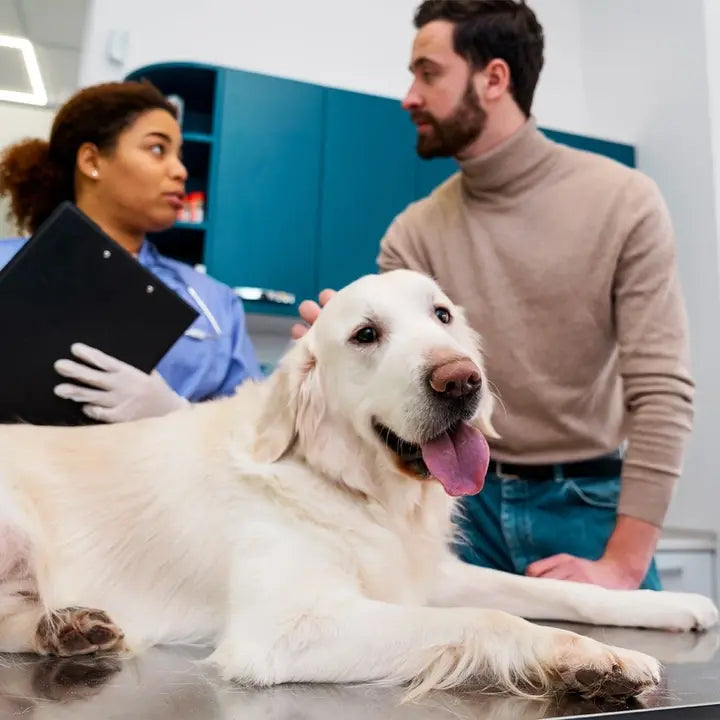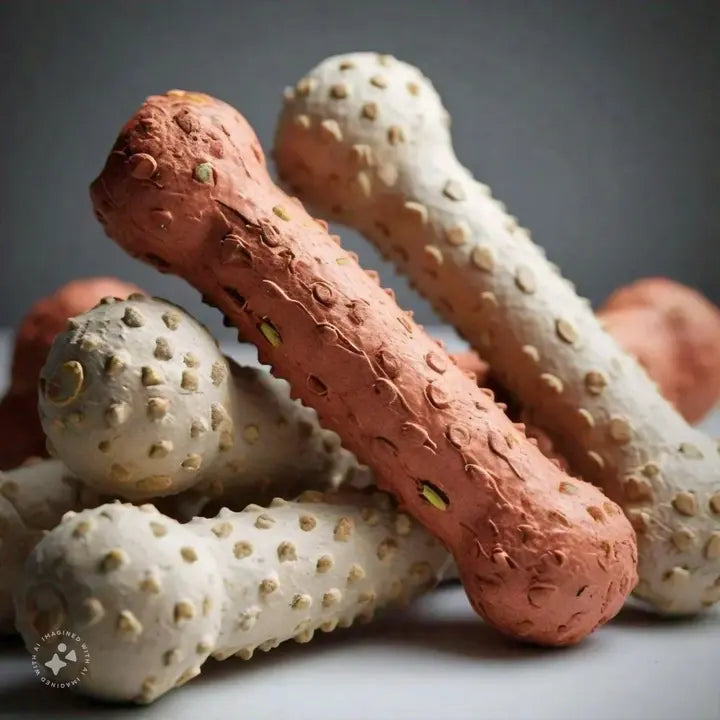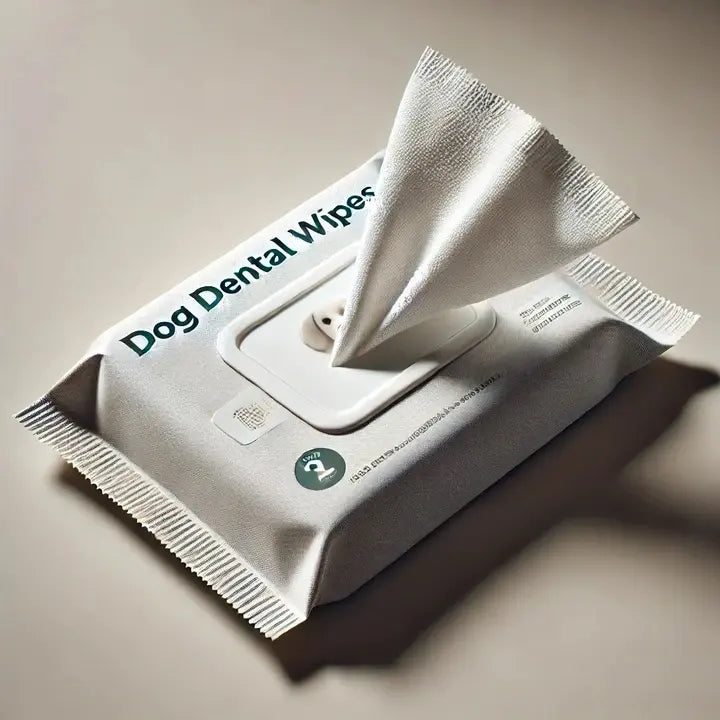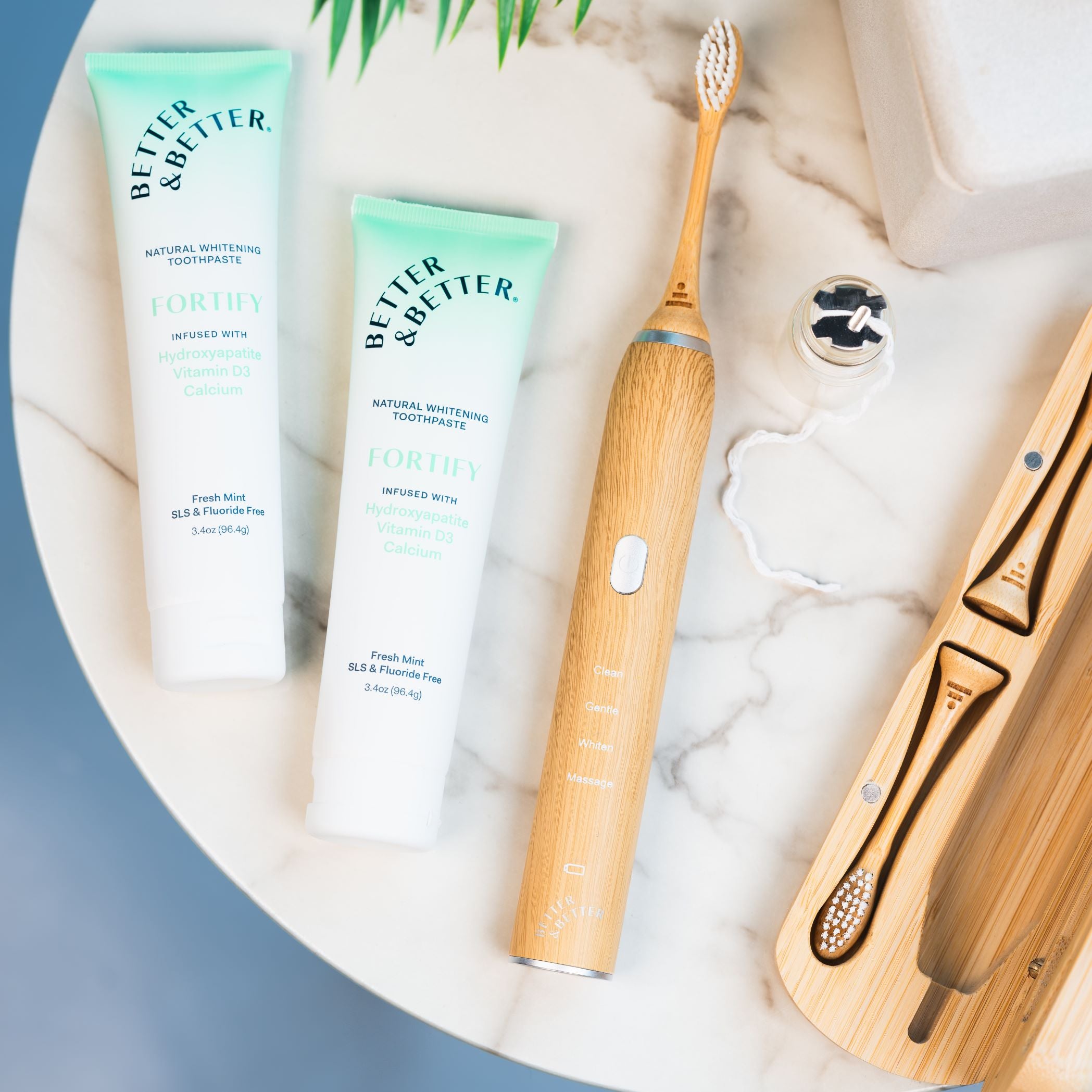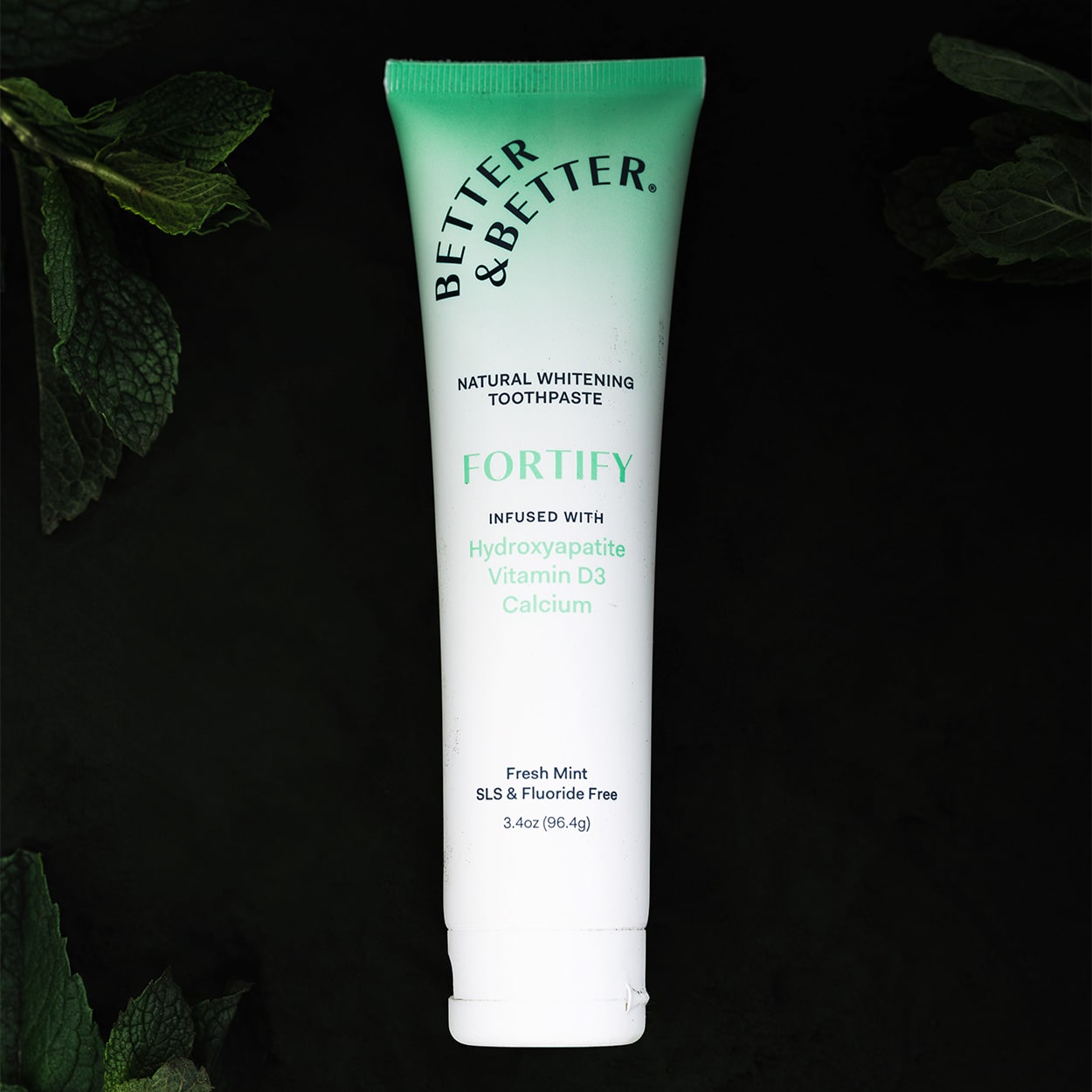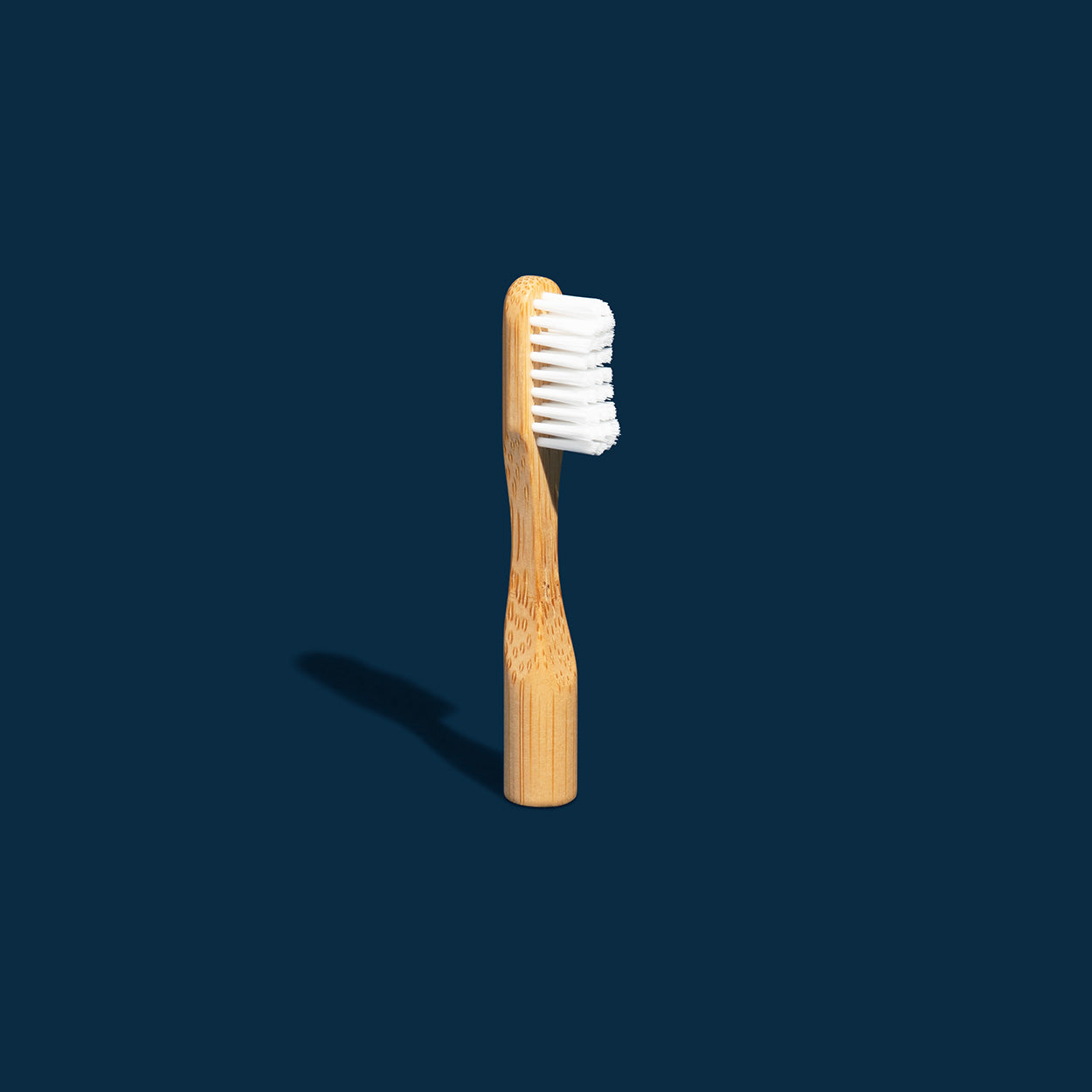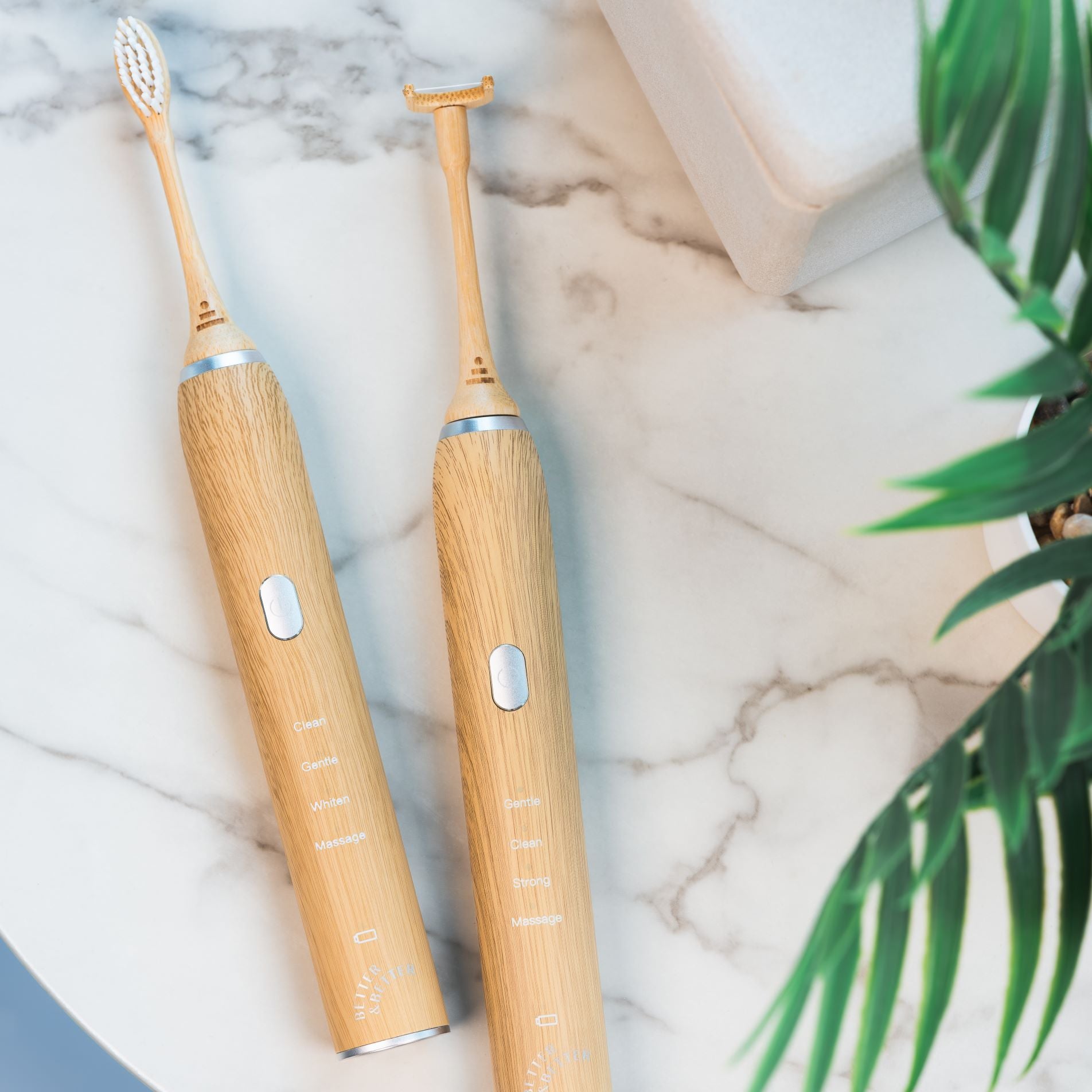Good dental hygiene is crucial for your dog’s overall health, but many pet owners wonder, how often should you brush your dog’s teeth? Establishing a consistent cleaning routine can help prevent plaque buildup, bad breath, and more severe health issues. This guide explores the ideal frequency for dog teeth cleaning and provides tips on maintaining a healthy mouth for your pet.
Why Is Regular Dog Teeth Cleaning Important?
Regular cleaning prevents the buildup of plaque and tartar on your dog’s teeth, which can lead to painful conditions like gingivitis and periodontal disease. Left unchecked, these issues can even contribute to systemic health problems that impact vital organs. For a deeper look at why dental care matters, see our article on the importance of regular teeth cleaning for dogs.
How Often Should You Brush Your Dog's Teeth?
For most dogs, veterinarians recommend brushing at least 2-3 times per week. However, daily brushing is ideal if you can manage it, as it prevents plaque from hardening into tartar. Consistent brushing also reduces the risk of gum disease and keeps your dog’s breath fresh.
Consider Your Dog’s Dental Health Needs
The ideal frequency of brushing may depend on your dog’s age, diet, and susceptibility to dental issues. Puppies and small breeds, for example, may benefit from more frequent cleanings due to their higher risk of dental problems. Regular professional cleanings can also support at-home efforts, especially for older dogs or those with a history of dental issues.
Alternative Dog Teeth Cleaning Methods
While brushing is a cornerstone of dog dental care, other methods can complement your routine if daily brushing isn’t feasible. Consider using alternative dog teeth cleaning methods like dental wipes or specialized chews to help remove plaque in between brushing sessions. Our article on effective dog teeth cleaning methods beyond brushing explores additional options.
Making Brushing Part of Your Dog’s Routine
Introducing a brushing routine can take time, especially if your dog isn’t used to it. Start with short sessions, allowing your dog to become comfortable with the toothbrush. The Petsie Electric Dog Toothbrush is designed to make brushing easier, offering gentle cleaning with electrolytic technology and no vibrations. This toothbrush provides a calm, effective brushing experience that’s particularly helpful for anxious dogs.
Additional Tips for Dog Dental Care
Building a Dental Routine for Lifelong Health
Regular dog teeth cleaning is one of the best ways to support your pet’s overall health and happiness. By brushing 2-3 times per week and supplementing with other cleaning methods, you can protect against plaque buildup and keep your dog’s mouth healthy. To learn more about effective dental practices, visit our complete guide on dog teeth cleaning.
Establish a routine that works for you and your dog, and enjoy the peace of mind that comes from knowing you’re supporting your pet’s long-term health.



